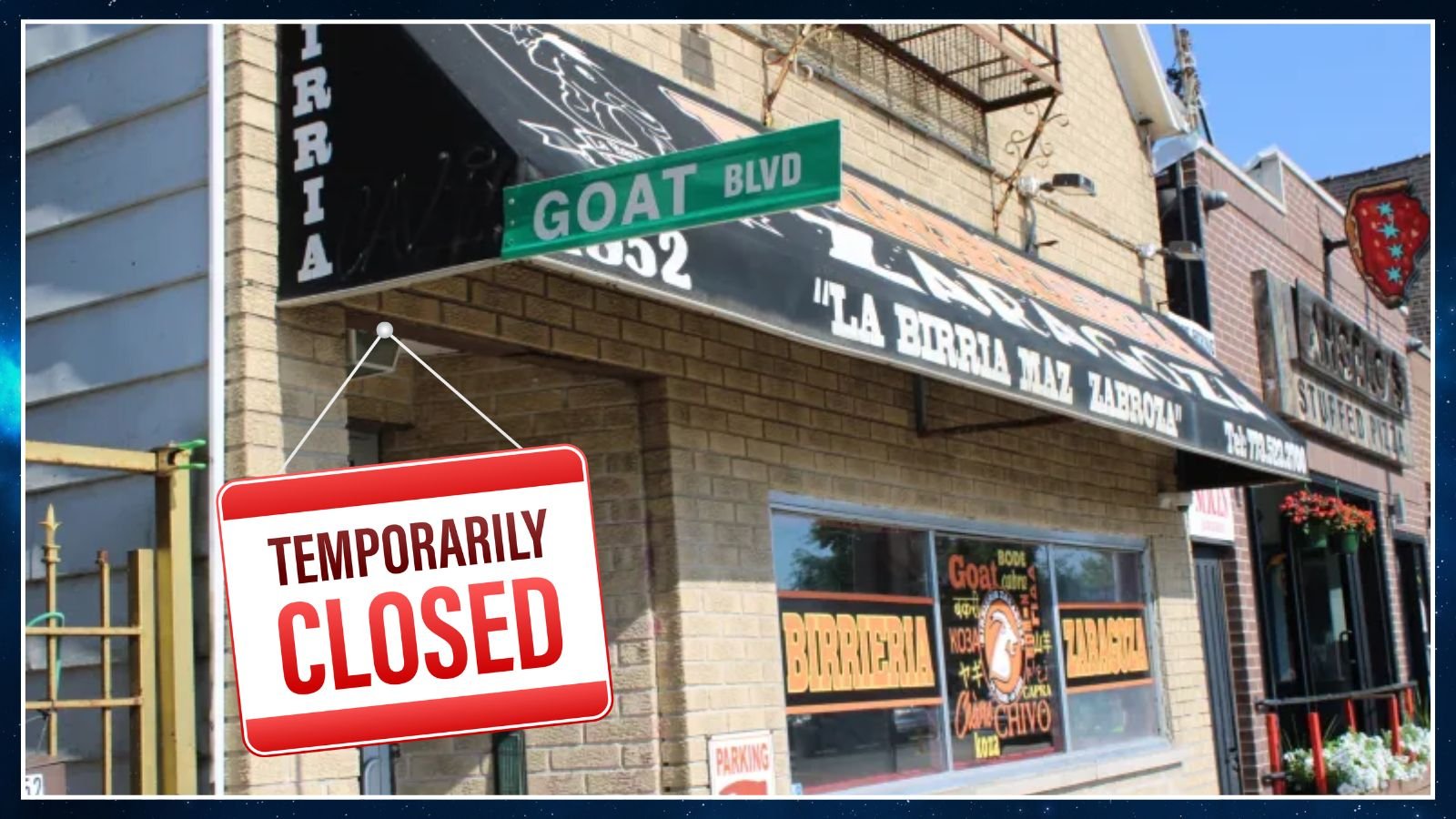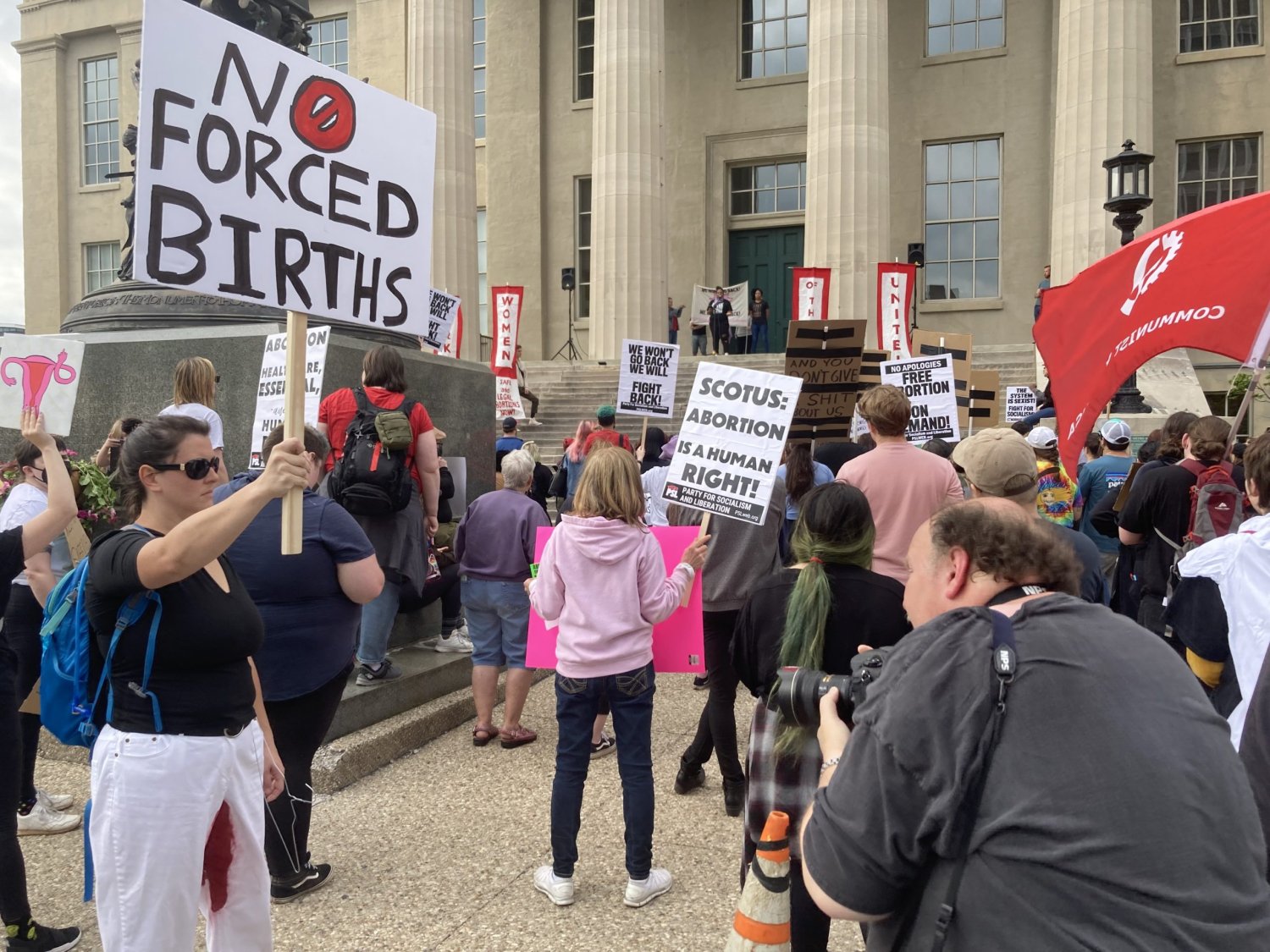ILLINOIS — As uncertainty looms over federal funding under the Trump administration, Illinois lawmakers have built new financial tools into the state’s latest budget — including a $100 million “safety valve” fund to keep essential services running if D.C. money dries up.
The move is part of a broader response to anticipated federal budget cuts affecting states nationwide. Governor JB Pritzker signed the package earlier this week with the goal of shielding public programs and workers from disruption.
How the Bridge Fund Works
The newly approved $100 million flexible fund gives Pritzker limited authority to plug shortfalls where federal funding fails to arrive — especially in areas like public health, meat inspection, or payroll for state employees.
“The magnitude and volume of problems that Trump and his administration are creating is something that no state has ever dealt with before,” said Deputy Governor Andy Manar, noting the fund will serve a “strategic role” but not replace large-scale federal programs.
As outlined by the Chicago Tribune, the money comes from around 50 underutilized state funds, repurposed to create a flexible reserve that Comptroller Susana Mendoza called a “safety valve.”
Expanded Lending Powers Inside the Budget
Lawmakers also revived a measure from the Rauner-era budget standoff — giving the state treasurer power to lend up to $2 billion to the comptroller for emergencies. These internal loans could help cover funding gaps in:
-
Road infrastructure
-
Health care and hospitals
-
Education programs
-
Disaster assistance
Treasurer Michael Frerichs said the goal is to avoid using this tool, but the flexibility is necessary in case Washington pulls back more funding.
Why This Matters to Illinois Residents
More than 12,000 Illinois state employees are paid through federal grants. If those grants are paused or cut, it could mean disruptions in services, inspections, and local aid programs.
For example:
-
Meat and poultry plant inspections are federally funded and could stall.
-
Medicaid or health services might face slowdowns.
-
Education and safety-net programs could be delayed.
What Happens Next?
Illinois leaders say they’ve done what they can until Congress finalizes its federal budget — a process currently delayed in Washington. State lawmakers don’t plan to reconvene until the fall session unless emergency action is needed sooner.
Still, Republicans criticized the fund, accusing the governor of “raiding” other accounts and comparing this move to his broad spending authority during the pandemic. Manar responded that unlike COVID-era aid, this fund is limited to line items the legislature already approved.
Comptroller Mendoza emphasized that the goal is stability, saying:
“Let’s only break that glass in case of emergency.”
Do you work in a program or agency affected by federal grants? Share how budget changes impact you or your community. Help others understand how state decisions connect to daily life at ChicagoSuburbanFamily.com.








